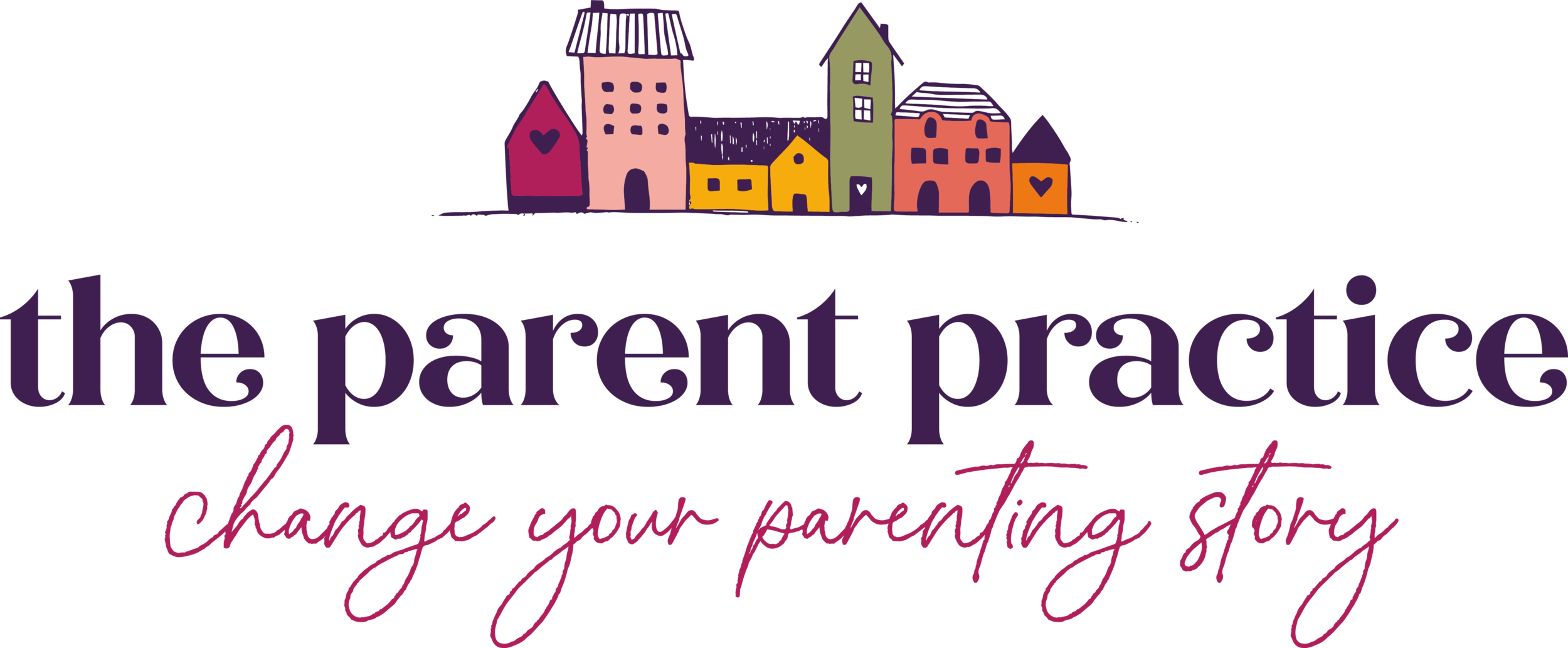Do You Use the Naughty Step?
Sad naughty child
What parent has not heard of the ‘naughty Step’? It is one of the main sound bites from the Super Nanny program with Jo Frost and indeed if I earnt money for every one of my clients who mentions discipline and the naughty step in the same sentence I would be a millionaire!
If you are one of many parents who has used it and feels a failure for not being able to make it work, either because your child will not stay there and you end up physically manhandling or he thinks it’s a game and starts laughing at you and blowing raspberries in your face or it has no impact on changing the behaviour – you are not alone! Join the posse of parents who have had the same experience.
Don’t blame yourself if you have experienced this, as the idea of the naughty step is fundamentally flawed.
The naughty step and other punitive and shaming forms of dealing with misbehaviour seem to work in a fashion - i.e. they can quell a particular behaviour in the moment, but the unintended results are often:
resentment and rebelliousness
reduced self-worth
naughty identity –i.e. the child has a picture of himself as a ‘bad’ person and bad people go on to do bad things, as that is who they think they are
he may learn to toe the line in the moment due to fear
he does not learn about self-discipline nor understand how to clear up his mistakes
Do you recall the incident last Christmas when a little girl broke a bauble whilst shopping with her Mummy in John Lewis’s and John Lewis then used Face Book to show the world how this little girl had cleared up her mistake?
How effectively you react in the moment depends on your ability to see all misbehaviour as a teachable moment and an opportunity to allow your child to clear up her mistakes.
Clearly this little girl’s parents had established a system of positive discipline so she had an opportunity to put right her mistake and will no doubt have felt better for it. I wonder how she would have felt if her parents had punished her by placing her on the naughty step?
A more positive approach to discipline doesn’t amount to permissiveness and it really works. Our experience is that telling off kids or pointing out what they are doing wrong just DOES NOT WORK and often results in the same misbehaviour at a later date.
So here’s a step by step guide to what to do and say when your child misbehaves:
Approach the matter without anger or judgment. (This may necessitate leaving it until you’re calm)
Encourage the child to admit what happened and that it was a mistake. Why was it a mistake?
If child says ‘I didn’t mean to’ don’t lecture her on how that doesn’t matter and that the harm is still done. Descriptively praise the child for not meaning to.
“I’m so glad that you didn’t mean to. It means a lot to me. It shows me that you know it wasn’t the right thing to do and that maybe you wouldn’t have done it if you’d thought about it.”
Explore with the child (without judgment) how the behaviour happened. Don’t just ask why did you do that? This is so that everyone can learn from the episode –maybe something needs to be altered for the future.
3. Make amends – set wrongs to rights. Fix someone’s upset feelings. This might include an apology but not unless the child is ready.
“You’re probably sorry inside your head –when you’re ready you’ll also need to apologise out loud. You’re probably wishing you hadn’t done this.”
Sometimes just clearing up the mess (eg washing the ink off the walls) is enough to help them alter their behaviour ….but shouting at them would not.
4. Alter behaviour- What can you learn from this? /what can you do differently? What would help you not to do this again? Maybe we need a rule about where you can use your coloured pens?
5. Acceptance - forgive self. We want to teach our children to think ‘when I make a mistake I know how to clear it up.’
Go on - next time your child gets something wrong try this Mistakes Process and see the results – we guarantee they’ll be much more effective than the naughty step. Let us know what your experiences of using the naughty step have been. What consequences have you used that you think really taught your child something.
Happy parenting!
P.S. You too should use the Mistakes Process if you feel you got something wrong. This would be very powerful modelling that cleaning up mistakes does not diminish one but is what a good person does.
If you feel you would like to learning about the Mistake Process, power of descriptive praise, emotion coaching, rules and rewards and positive discipline and help you to emerge as a more empowered parent with positive parenting strategies under your belt to impact behaviour and make for a happy harmonious home. join my Harmony at Home Course.

